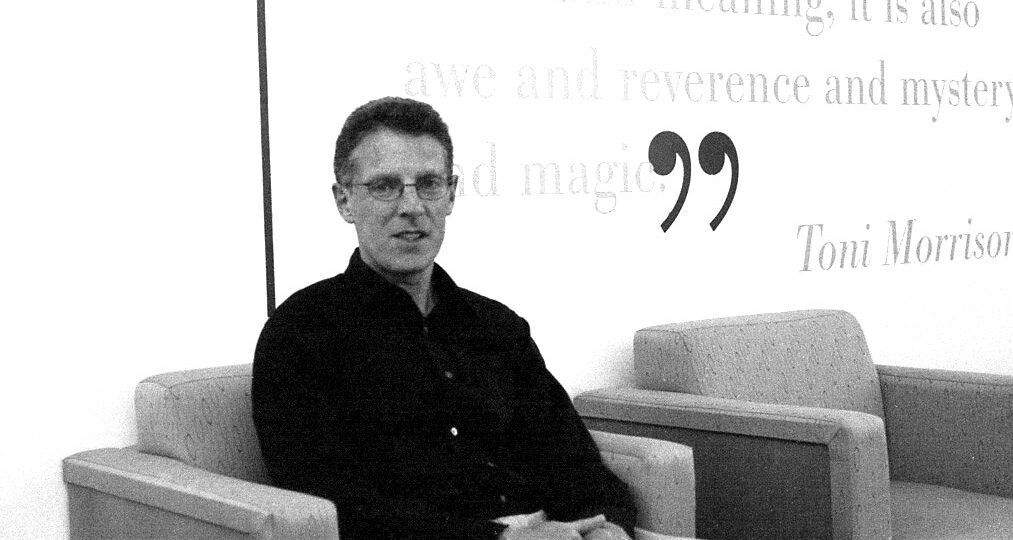By Ian Copestake and Mark C. Long
This past September admired friend and respected scholar, John T. Lowney, passed away at the age of 65. John was professor of English at St John’s University in Queens, New York.
John’s work explored the cultural politics of how modernism has been constructed in the literary history of the United States. His first book, The American Avant-Garde Tradition: William Carlos Williams, Postmodern Poetry, and the Politics of Cultural Memory (1997), focused on Williams as an avant-garde writer in the early modernist period during and after World War 1 and elaborated the complex literary and cultural politics of Williams’s reception as a poet through the late 1950s and 1960s. His scholarship on twentieth-century American poetry and literary culture continued in History, Memory, and the Literary Left: Modern American Poetry, 1935-1968 (2006).
Over the years, his writing on Williams included other essays and reviews––including, most recently, “Williams: The New Poetries and Legacy” in The Cambridge Companion to William Carlos Williams (2016) and “Reflections on Bryce Conrad’s Historiography” in the William Carlos Williams Review (2018). In addition, John’s scholarship in African American literary and cultural studies, and jazz literature, includes Jazz Internationalism: Literary Afro-Modernism and the Cultural Politics of Black Music (2017) as well as essays in American Literature, The Langston Hughes Review, Melus, and The African American Review. His intellectual work was recognized with grants from the Donald C. Gallup Fellowship in American Literature at Yale’s Beinecke Library and a National Endowment for the Humanities Study Grant.

During our years in graduate school, writing about Williams, we both read John’s work. And we remember John as approachable and engaging, quietly spoken and sharply intelligent, with a sense of humor amid the often overly serious atmosphere of academic conference. John was a generous and sensitive reviewer, too, in fact he reviewed Ian’s first book that came out of the Ph.D studies John’s work had helped along. We celebrate his contributions as we mourn the loss of a colleague and friend. Though we are confident that John’s voice will continue to inspire continuing explorations of Williams’s ongoing presence in the tradition of American poetry and poetics.

